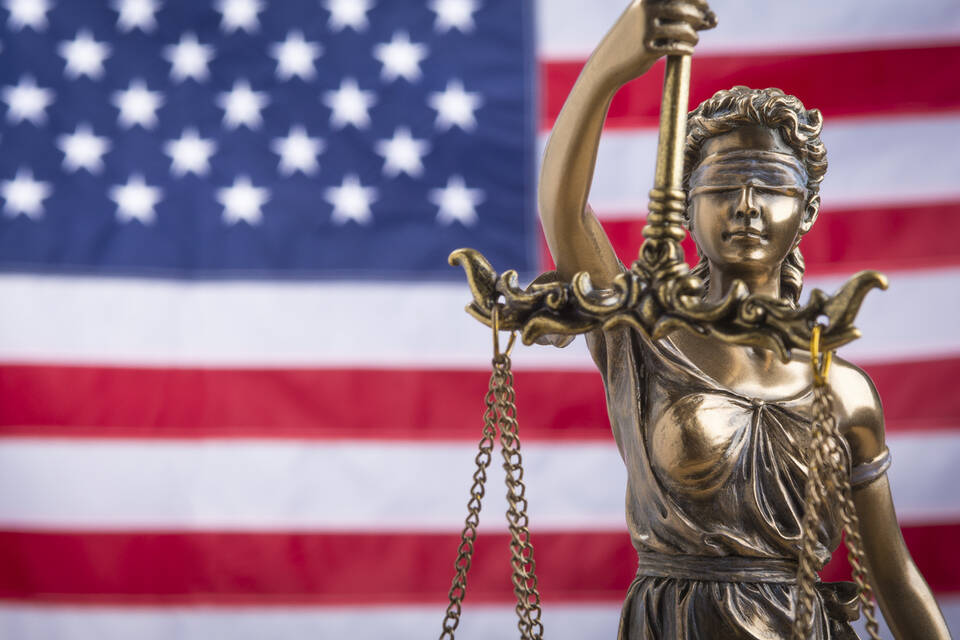
The Legal Challenge
The lawsuit, filed in California Superior Court, takes direct aim at the sweepstakes model. These platforms claim they're "not gambling" because players don't directly pay to play. Instead, users purchase one type of virtual currency and receive another "free" currency that can be redeemed for cash prizes.
LA's lawsuit calls this a "predatory, dangerous gaming environment" that "jeopardizes financial and mental health" and was designed to "mislead Californians across demographics." While Pragmatic Play wasn't operating these sites, the company was named for supplying the games that power them.
In response, Pragmatic Play stated: "We remain committed to the highest standards of compliance and will continue to engage transparently with regulators." The company has since taken a much stronger stance, declaring "We will never supply our games to sweepstakes casinos."
California’s Legislative Push
The legal pressure extends beyond individual lawsuits. California lawmakers are advancing Assembly Bill 831, spearheaded by Attorney General Rob Bonta, which would formally ban sweepstakes-style casinos. The measure passed the Senate Appropriations Committee unanimously and was placed in suspense for further review, moving forward by a 7-0 vote.
The legislation, sponsored by state tribal nations seeking to protect their gaming sovereignty, would ban the operation of sweepstakes casinos that follow a dual-currency model, such as Gold Coins and Sweeps Coins offered by popular online sweepstakes casinos. If AB 831 passes, these platforms would disappear from the state, shutting off access to popular games like online slots, blackjack, and roulette offered in "social" formats.
Industry-Wide Supplier Exodus
Pragmatic Play isn't alone in its retreat. Evolution, another major game developer and Pragmatic's competitor, was also named in the lawsuit and has already restricted access to its games on Stake.us in California. Hacksaw Gaming has also joined the exodus, with its games no longer available on Stake.us for California users.
This creates immediate challenges for sweepstakes operators. These companies' slots and live dealer games are among the most popular in the space, leaving sweepstakes platforms with significant gaps in their game libraries.
Player Impact and Platform Response
For players on sweepstakes platforms, the departure of major iGaming suppliers Evolution, Pragmatic Play, and Hacksaw Gaming creates immediate disruption, particularly for California players who may find their favorite titles suddenly unavailable.
The impact extends beyond California. Pragmatic Play's complete withdrawal affects all major sweepstakes platforms that previously offered their content, including Pulsz, WOW Vegas, and McLuck. These operators now face the challenge of replacing popular content while maintaining player engagement.
Strategic Repositioning
Pragmatic Play's move appears to reflect a strategic pivot toward regulated markets. While the sweepstakes sector offered quick entry into the U.S. market, regulated iGaming requires expensive licensing, strict compliance, and constant oversight. However, it also offers partnerships with established operators like DraftKings, FanDuel, and BetMGM.
The company appears to be betting that the sweepstakes model's legal gray area won't survive intensifying regulatory scrutiny. By exiting now, Pragmatic Play positions itself as a compliant operator ready for legitimate market expansion. For now, the company will continue its operations in Canada and Europe, where it is most popular.
What’s Next for Sweepstakes Players
Other game suppliers are likely evaluating their own exposure. The lawsuit demonstrates that regulators won't limit enforcement to platform operators alone. Content providers who enable allegedly illegal gambling operations may face similar legal challenges.
For the sweepstakes industry, losing major content providers creates both operational and credibility challenges. As legal pressure mounts, more suppliers may follow Pragmatic Play's lead, potentially accelerating the sector's evolution toward full regulation or its decline.
The broader question remains whether sweepstakes casinos can survive increased legal scrutiny or if they represent a transitional phase before comprehensive U.S. iGaming regulation.
